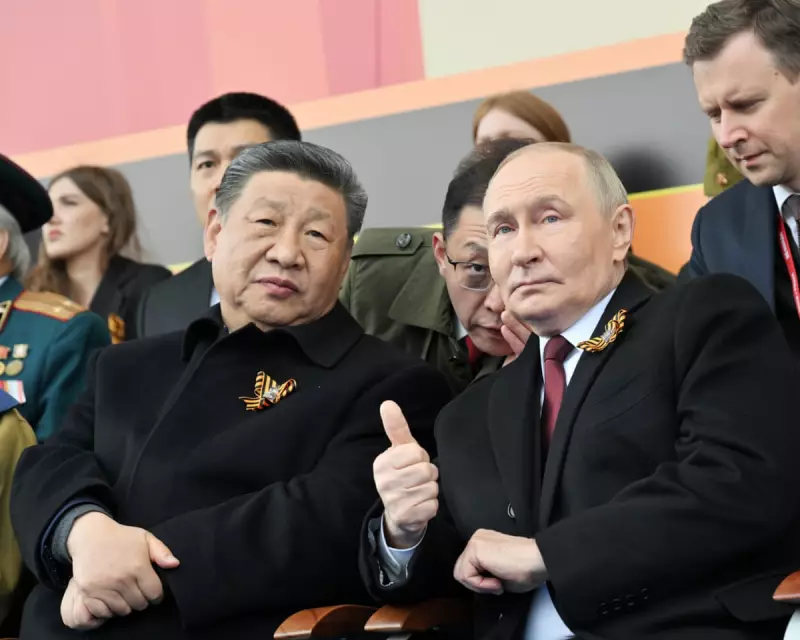
In a move underscoring a significant geopolitical realignment, Russian President Vladimir Putin has embarked on a crucial state visit to Beijing, meeting with his Chinese counterpart, Xi Jinping. The high-stakes summit, set against the backdrop of the protracted war in Ukraine, is being closely watched by Western capitals as a barometer of the deepening 'no-limits' partnership between the two authoritarian powers.
The meeting, rich in political symbolism, serves a clear strategic purpose for both leaders. For the isolated Kremlin chief, bolstered Chinese support is vital for mitigating the crippling impact of Western sanctions and sustaining his military campaign. For President Xi, the alliance represents a cornerstone of his strategy to challenge US hegemony and forge a new, multipolar world order, albeit while cautiously navigating the economic risks of overtly supporting Russia's war effort.
A Partnership Forged Against the West
Analysts suggest the Beijing talks will focus on enhancing economic and military cooperation. A key priority is fortifying financial channels to circumvent Western sanctions, ensuring the continued flow of goods and technology crucial to Russia's defence industry. Energy cooperation remains a fundamental pillar, with China acting as a primary buyer of Russian oil and gas, providing a vital economic lifeline for Moscow.
Beyond economics, the summit is a powerful display of mutual diplomatic support. Both nations consistently align their positions in international forums like the United Nations, often casting parallel votes to shield each other from criticism over human rights abuses and territorial ambitions. This united front poses a formidable challenge to the foreign policy objectives of the United States and its European allies.
The Ukraine Elephant in the Room
While the official rhetoric will tout 'peaceful conflict resolution', the war in Ukraine is the unspoken centrepiece of the discussions. Western intelligence agencies continue to monitor the extent of Chinese material support to Russia, which reportedly includes critical dual-use components for weaponry. Any significant escalation in this support could dramatically alter the battlefield dynamics and prolong the conflict indefinitely.
However, Beijing walks a delicate tightrope. While ideologically aligned with Moscow against NATO, China's economy remains deeply integrated with the West. Overt military aid that triggers severe secondary sanctions from the US and EU could deal a devastating blow to China's own economic stability, a risk Xi Jinping is likely keen to avoid.
Implications for Global Security
This strengthening axis between Moscow and Beijing marks a pivotal shift in international relations. It effectively creates a counterweight to the traditional Atlantic alliance, threatening to bifurcate the world into competing spheres of influence. For the UK and its allies, this necessitates a recalibrated, long-term strategy that must address not only the immediate threat from Russia but also the systemic challenge posed by an increasingly assertive China.
The outcomes of this summit will reverberate far beyond the halls of Beijing's Great Hall of the People, influencing security calculations, economic policies, and diplomatic manoeuvres across the globe for years to come.





